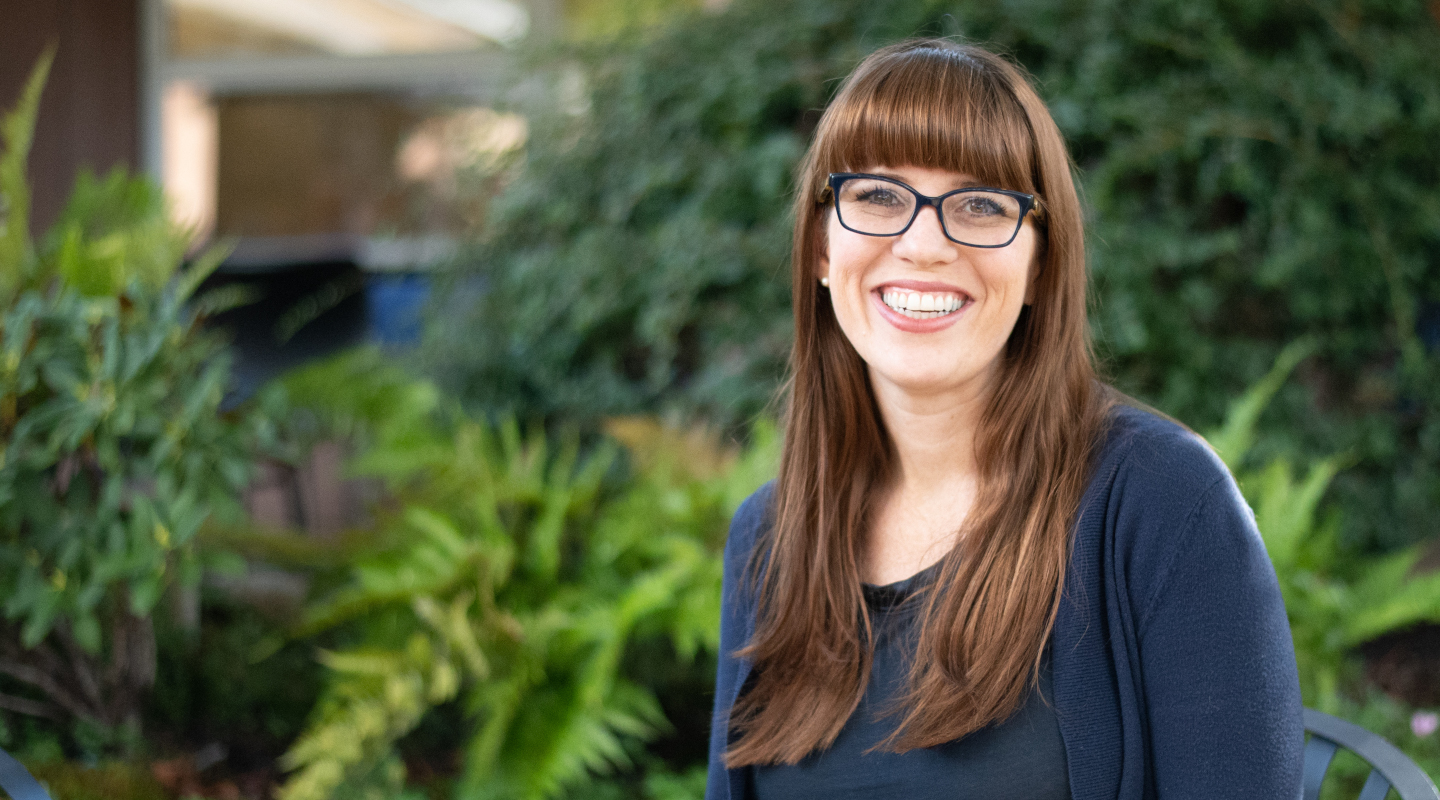Guatemala is one of the few countries in Latin America that have recently gained strong exposure to the use of information systems and people data processes. Information School Assistant Teaching Professor Heather Whiteman recently received a Fulbright Scholar Award for an idea intended to increase the exposure and understanding of those concepts.
Whiteman, who teaches courses in people analytics and information management at the iSchool, is creating the first master’s level people analytics program in Latin America at the Universidad Francisco Marroquín (UFM) in Guatemala. People analytics is a data-driven approach to studying people processes and improving people-related decisions.
“It's wonderful to have a dream and then have an organization like Fulbright tell you that your dream is worth an investment,” said Whiteman.
Whiteman’s project was inspired by a professor she met from UFM at a conference. The professor shared with Whiteman her desire to bring more data and analytics to HR in Guatemala, and Whiteman shared her vision of making people analytics a more globally recognized approach to strategic business. This conversation initiated a partnership between the two in which Whiteman taught an online class in people analytics for the professor at UFM.
The experience of teaching that class led Whiteman to pitch to Fulbright the idea of educating Guatemalan leaders in people analytics so they will adopt the concept in their country’s business practices.
“In a region where the concepts of people analytics have yet to be implemented, that's where introducing these new approaches to thinking hold transformative value,” said Whiteman. “I want to teach from the mindset that people data is not like other data. We need to think about the social impacts and effects of quantifying humans.”
The Fulbright Scholar Award is given to scholars who will teach, conduct research or carry out professional projects in a country outside the United States. Whiteman traveled to Guatemala in June and July of this year to run the pilot program and will return to finish setting up the program in January and February 2023.
“I definitely see this as something that's growing,” Whiteman said. “The goal is that this program would become a standard part of the UFM curriculum, something that they can sustain and lead on their own.”
In addition to designing the master’s program, Whiteman is also selecting instructors and administering some of the classes. She hopes that once the program is established, it will encourage and promote others to teach, share and build people analytics.
Whiteman is hopeful a master’s program in people analytics is capable of bringing about great benefits for Guatemala.
One of those potential benefits is the elimination of biases. “When we use data we are capable of perpetuating a system encoding harmful biases but with a proper understanding of the human impact of data, we are also capable of identifying and mitigating those harmful biases and having really strong impacts,” Whiteman said.
